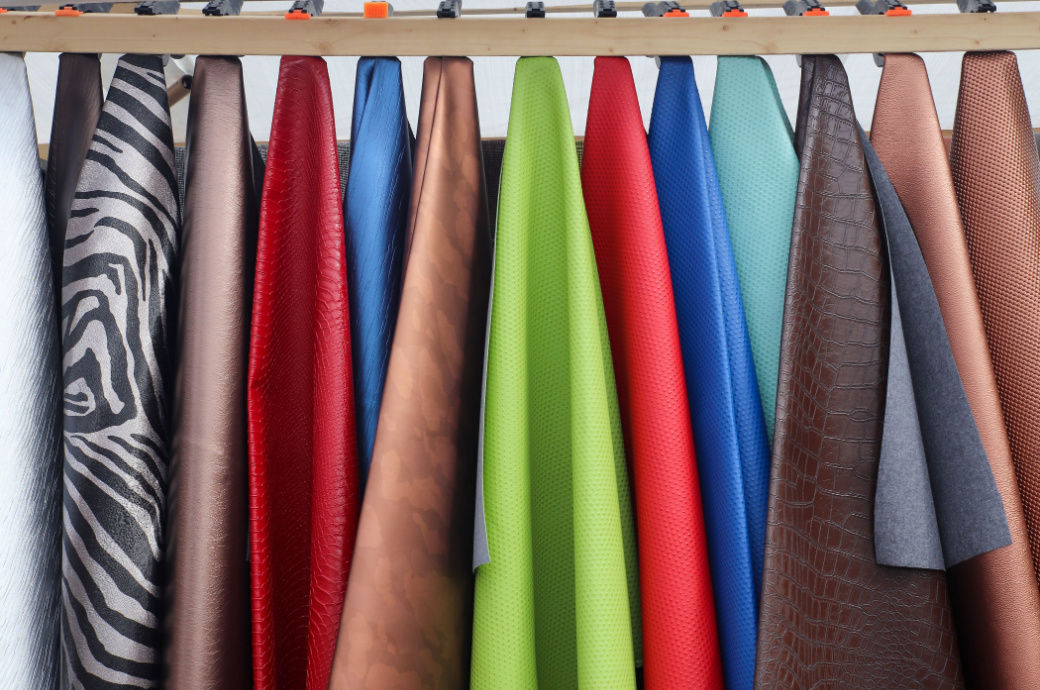

The last time the textile, apparel and footwear sector recorded a positive growth was in 2018, data indicates.
Since then, the government, through the Central Bank of Nigeria (CBN), has rolled out several intervention programmes, including financial support, training and foreign exchange restrictions for all forms of textile materials, to reduce import of textiles products.
“The CBN has not implemented what they planned to do three years ago because people are still importing even more than before. And with this surge in imports, how do we prepare to reap the benefits of the African Continental Free Trade Area agreement?” Hamma Kwajaffa, director general of Nigerian Textile Manufacturers Association, told a Nigerian media outlet.
The central bank wanted to spur up foreign investments by freezing the accounts of importers to force them to set up domestic factories rather than importing, but the country’s high cost of production discourages such investments, he added.
Fibre2Fashion News Desk (DS)